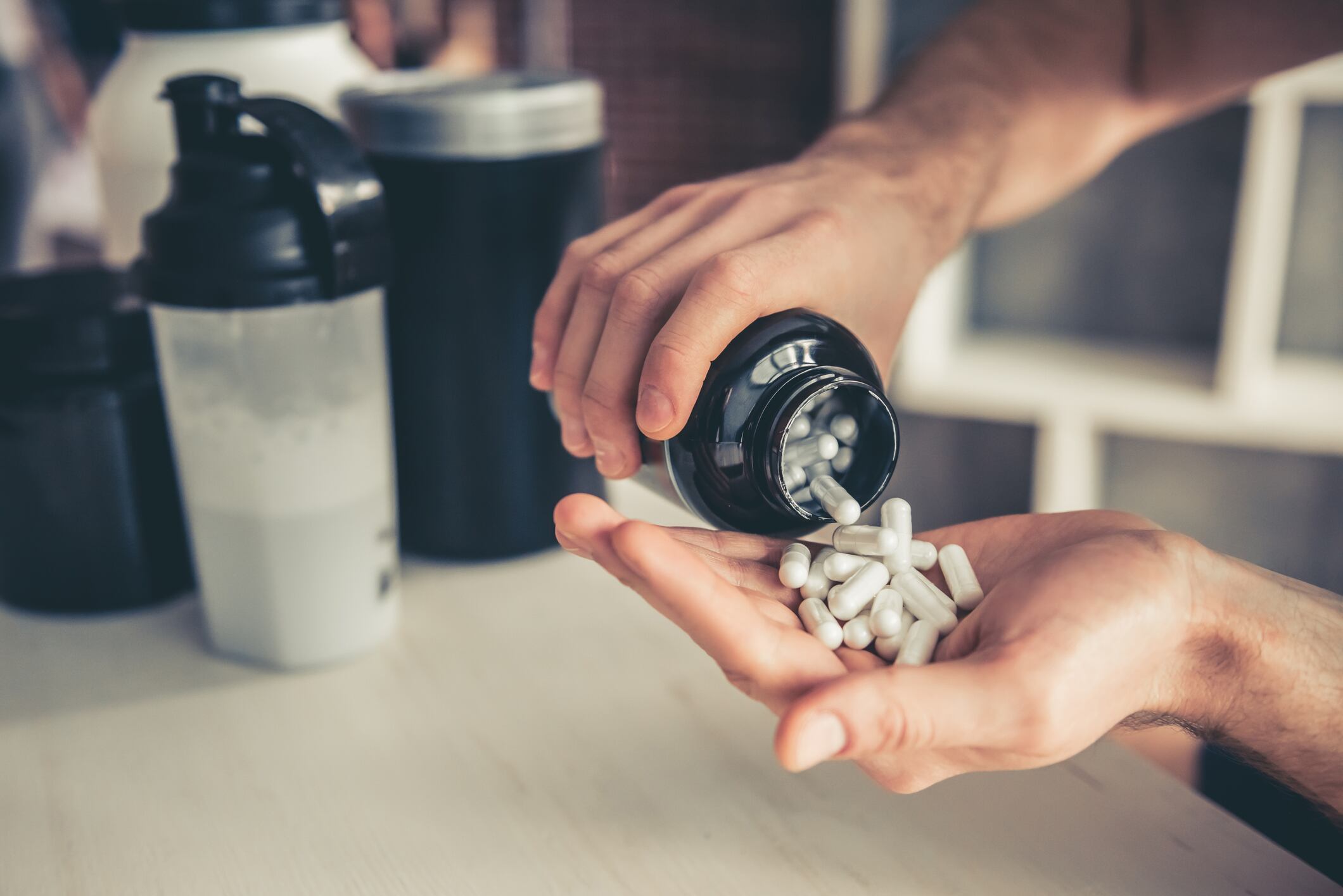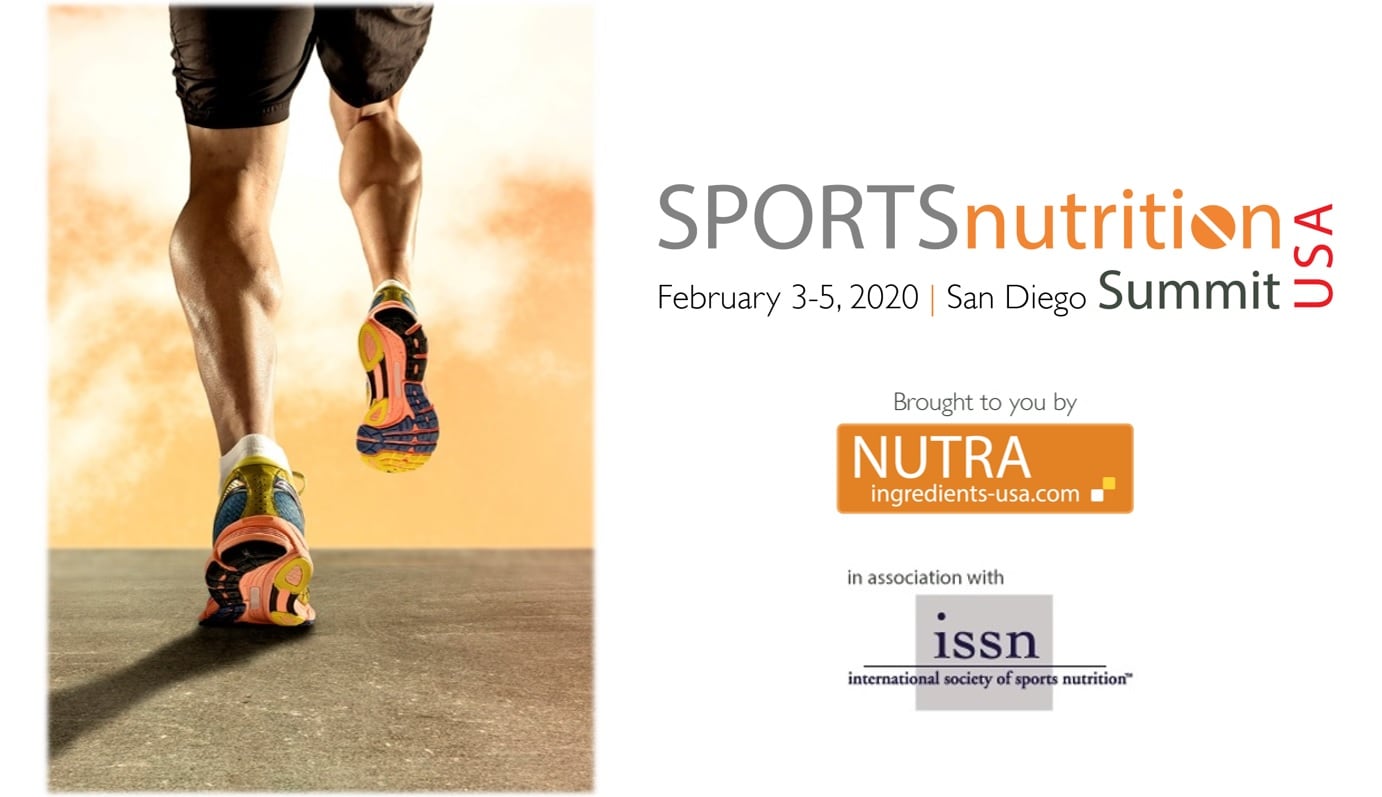Mega-trends highlighted by the 20-country, market data-driven analyses include category blurring between sports nutrition and other sectors like energy, nootropics, e-gaming, the workplace and weight management along with the mounting sway of social media influencers, who brands are now engaging to assist with product formulation or to develop products aimed at women.
The importance of healthy volumes of positive online reviews and elevated star ratings to sports nutrition brand success reveals while some brands maintain an offline focus via traditional channels like health food and sports stores, gymnasiums and supermarkets, there is no escaping the influence of the online world.
According to Pew Research, 62% of 18 to 49-year-olds check online reviews and ratings and social media posts even if they end up making their purchases in brick-and-mortar outlets.
Make or break: The power of reviews and ratings
Lumina found the whole sports nutrition category which included plant and animal-based protein powders, branched-chain amino acids (BCAAs), probiotics, creatine and pre-workout blends had gathered some 2.5 million reviews in 20 countries, growing 15% in the six months between September 2018 and March 2019. In that period, growth in the Asia-Pacific was even more robust at 25%.
Mexico (+200%), Taiwan (+193%) and Finland (+93%) were the fastest growing markets in sports nutrition with protein powders (23%) and pre-workout blends (22%) the fastest growing sub-categories.
Sports nutrition leaders like Iovate Health/MuscleTech, Glanbia/Optimum Nutrition, CPT, MusclePharm, Myprotein, NutraBolt/Cellucor and GymMax all have well over 100,000 reviews for their brand variants across multiple markets.
A feedback loop frequently forms between reviews and ratings, with elevated star ratings often the spark for exploding review volumes.
Star ratings and review volumes are vital criteria used by leading e-tailers to decide which products stay in their e-commerce catalogues and which are deleted. Despite the rise of direct-to-consumer brand channels, such e-tailer decisions can make or break a sports nutrition brand.
In the six months between September 2018 and March 2019, 6.7% of sports nutrition listings were removed. In Mexico 35% of listings were deleted, none in Belgium or South Korea.
Protein powders win sports nutrition on price, reviews
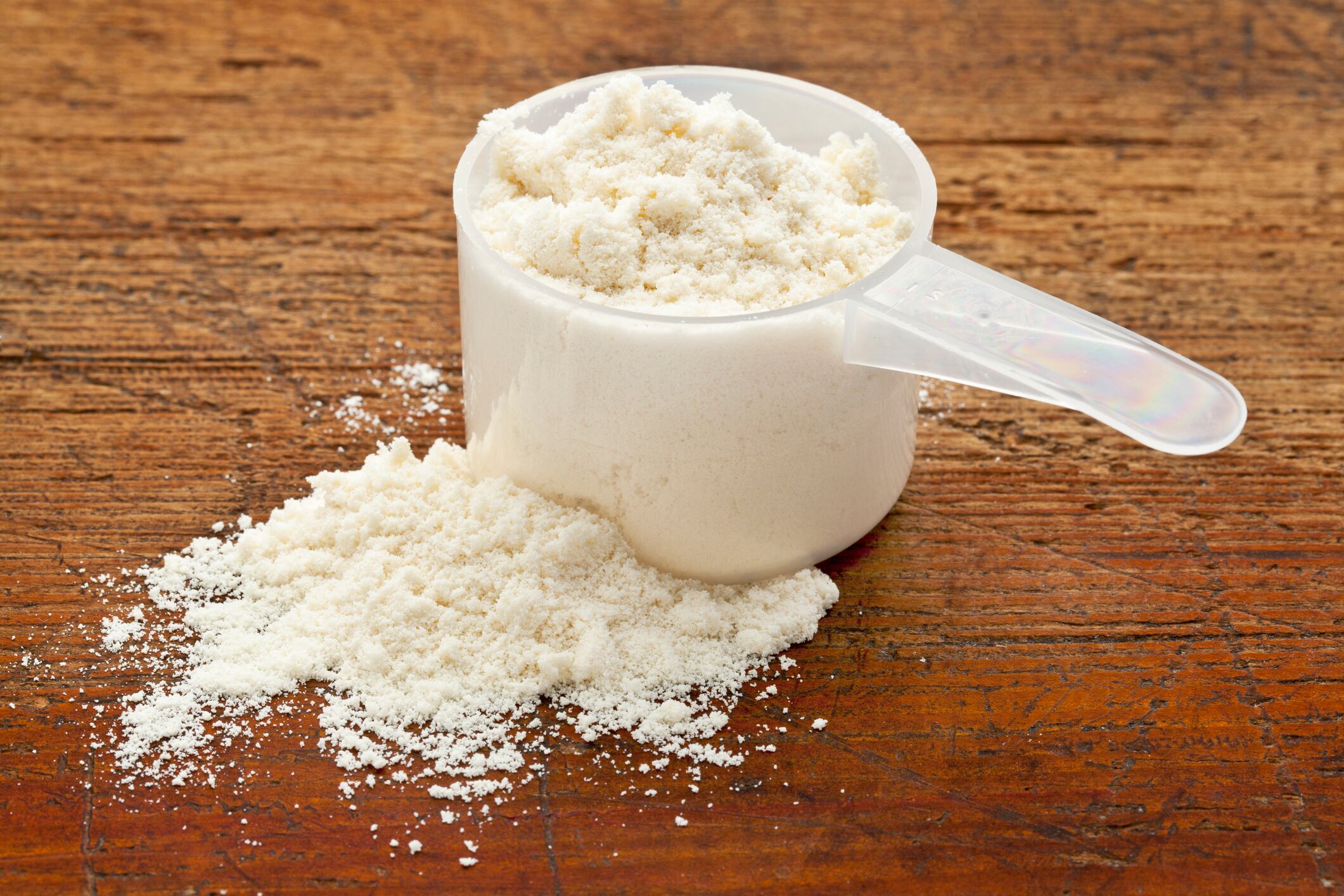
One of the drivers of sports nutrition popularity is price – most ingredients like proteins, caffeine and creatine are relatively low-cost compared to the likes of omega-3s or some vitamins. This is the case for category stalwart, protein powders, which typically cost between $0.6 and $0.8 per serving, although premium offerings push the category average up to $1.32, according to a Lumina report.
Protein powder prices were highest in the Asia-Pacific, mostly due to a reliance on imports in China, which pushed prices up. The raging review culture in China – almost 1m reviews for protein powder sports nutrition products – means the region also had the highest ratings and greatest volume of reviews for protein powders.
But this was somewhat of an anomaly as ‘low price, more reviews’ was in fact the category norm, with only China and Finland bucking the trend.
Many lower-priced brand variants like Myprotein Impact Whey Protein generated substantial review volumes (80,000+) in eight countries excluding China, with products priced well below the category average.
Downward price pressure has been amplified by direct-to-consumer sports nutrition brands like Myprotein and Prozis cutting e-tailors and retailers from the supply chain.
Protein powders are the most reviewed in sports nutrition with an average of 900+ per product and China, the US, South Korea, Russia, Canada and Spain leading the way.
Clean label: Higher prices, more reviews
What is true for protein powders is not necessarily true of ‘clean label’. The rise of clean label products in sports nutrition means a growing number of offerings which are typically priced 25% above the category average.
One fifth of all sports nutrition products now make at least one clean label claim, and these products are reviewed twice as often as those without clean label claims.
Popular clean label statements include the anti-doping linked ‘No banned substances’ along with ‘No artificial sweeteners’ and ‘No GMOs’.
The trend is strongest in North America and Australia and led by top sports nutrition brands like Optimum Nutrition, MusclePharm, Myprotein, MuscleTech and Quest.
Animal proteins rule but plant proteins offer alternative fuel
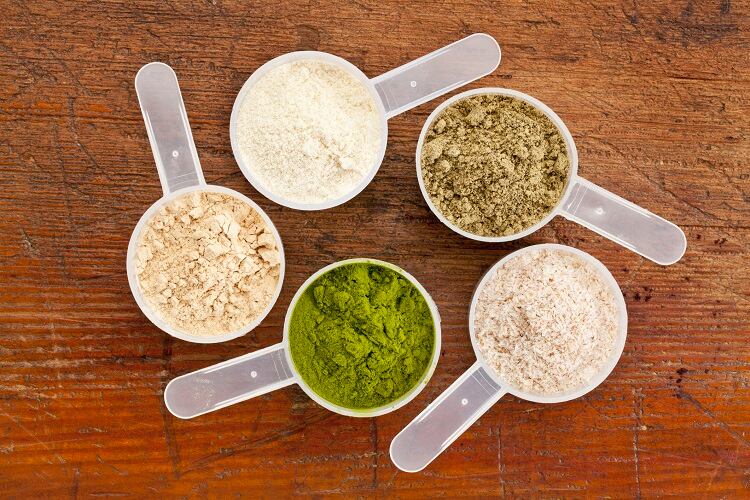
While sports nutrition science indicates animal proteins like whey protein have a more efficacious amino acid profile than plant-based protein powders for effects like muscle building and recovery, plant-based options such as pea and soy are gaining in popularity.
With more people seeking vegan and vegetarian options (reviews up 47% for vegans between September 2018-March 2019) and performance outcome differentials often marginal, plant proteins in sports nutrition have a bright future. They are also benefiting from manufacturers choosing to blend animal and plant proteins in some formulations.
In Q3 2018 blends accounted for 10% of the market, with plant proteins at about 15% and animal proteins at 75%, revealing whey protein will not lose its crown any time soon.
Plant protein product makers must face the fact whey protein products are more reviewed and better rated with negative comments referencing some taste and texture issues in some plant protein formulations.
737 out of 1368 non-vegan sports nutrition products tracked by Lumina used whey concentrate, whey isolate, whey hydrolysate and/or milk protein.
Other protein sources include calcium caseinate, casein, collagen, beef and egg.
Pre-workout blends push beyond sports nutrition
Pre-workout blends offer something a little different – and more immediate – than other sports nutrition categories. Namely, physical and mental stimulation to give athletes a boost before activities like gym workouts, training sessions or competitive matches and events. It’s this physical and mental stimulation promise that has pre-workout blends blurring with the energy, nootropic and e-gaming sectors.
While powders dominate pre-workout blends, companies like NutraBolt have launched RTD (ready-to-drink) versions the company makes no secret of targeting at the energy sector, the burgeoning e-gaming world and blue and white collar workers.
The 200-brand sector is driven by caffeine, creatine and BCAAs – which appear in 75% of pre-workout blends, according to Lumina data.
At the same time it has the widest ingredient palette of any sports nutrition category with a large selection of amino acids present and north of 50 botanical extracts (61% contain botanicals like green tea and ginseng).
Because of its promise of near-immediate stimulation, pre-workout blend reviews and ratings – of which there are more than 130,000 in 20 nations – are the most fickle in sports nutrition. 17% scored less than 4/5 with the category average coming in at 4.25/5, with most concerns centred on quality and efficacy.
Pre-workout blends are popular on social media with the #preworkout hashtag garnering about 4m posts on Instagram alone.
Probiotics and sports nutrition: More reviews equals more revenue in the US

Probiotics are emerging in the sports nutrition field as science builds around the healthy bacteria’s ability to boost immune systems, reduce inflammation and upper respiratory tract infections (URTIs) of under-stress athletes and even help in areas like performance and recovery.
Cross-referencing US-based reviews and financials data in probiotic sports nutrition products reveals a powerful correlation between review volume and product revenue.
However sports nutrition probiotic supplements remains niche – less than 2% possess strains like Lactobacillus coagulans – but Lumina found consumer engagement ratcheted up if products contained probiotics. Four of the top 25 brand portfolios contained probiotics, and these products earned twice the number of reviews as those that did not.
Probiotic supplement brands like Natural Athlete address bioavailability concerns by talking up their ‘time release’ credentials and explicitly stating the product can aid performance and recovery.
Highly rated BCAAs set for further category expansion
Sports supplements based on BCAAs have been popular among the muscle-building community since the 1970s and this devoted and enthusiastic user base has helped make BCAAs the highest rated sports nutrition category.
The pre-workout and post-workout category received 250,000+ reviews for 126 brands with each product earning on average 800 reviews and a very healthy average star rating of 4.4/5.
A highly informed user base regarding best amino acids for efficacy means brands like CPT, Optimum Nutrition and Scivation heavily promote their BCAA ratios with the 2:1:1 ratio between leucine, isoleucine and valine dominant and also backed most strongly in the scientific literature for muscle building.
BCAAs are often found in pre-workout blends and protein powders and emerging science around sarcopenia, anorexia and diabetes offers much promise outside of the sports nutrition arena for the non-essential amino acids.
Sports Nutrition Summit 2020
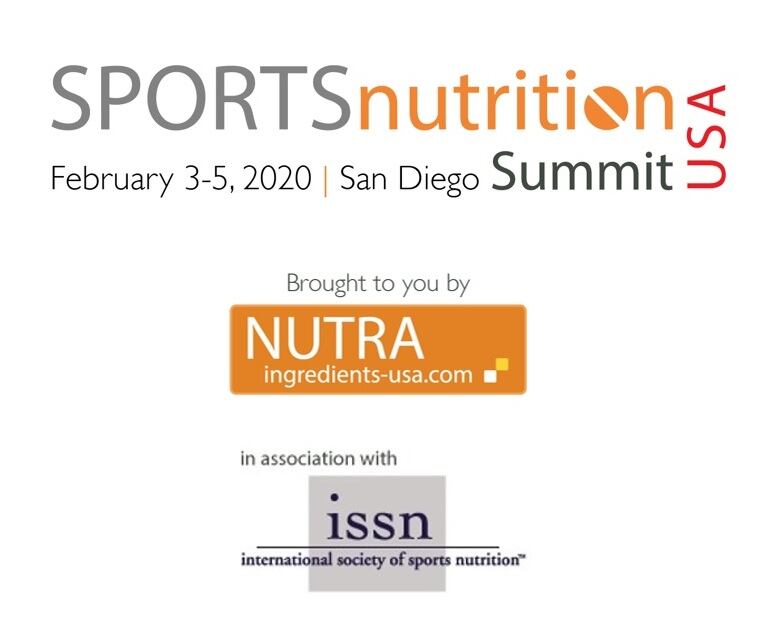
Influencers, the microbiome, protein, formulation challenges and opportunities, and female athletic consumers are just some of the topics that will take center stage at the NutraIngredients-USA Sports Nutrition Summit in San Diego, Feb 3-5, 2020.
Interested to hear directly from Lumina? Tom Morgan, Senior Market Analyst – Sports Nutrition, Lumina Intelligence, will give a deep dive into the US Sports Nutrition category.
For more information and to register, please click HERE.

